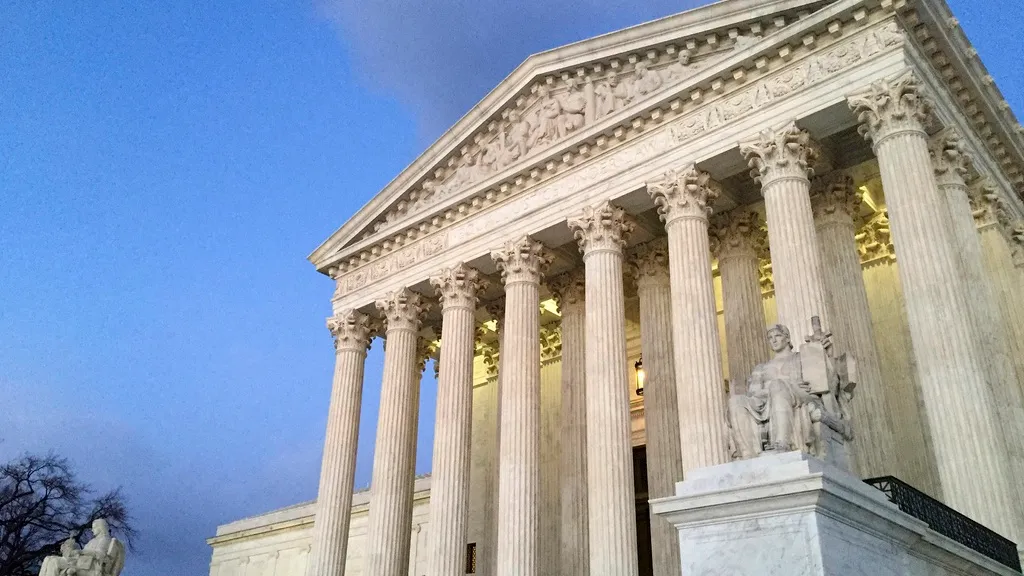December 12, 2012
UN Launches Cholera Plan for Haiti but Needs Funds
Jason St. Amand READ TIME: 3 MIN.
U.N. Secretary-General Ban Ki-moon announced a $2.27 billion initiative Tuesday to help eradicate cholera in Haiti and the Dominican Republic, vowing to work aggressively to secure donations for the ambitious but still mostly unfunded 10-year plan.
Cholera has killed at least 7,759 people in Haiti since the outbreak started in October 2010, likely brought to the country by a unit of U.N. peacekeepers from Nepal. More than 420 have died in the Dominican Republic, which shares the island of Hispaniola with Haiti.
Ban said bilateral and multilateral donors have so far given $215 million and the U.N. has committed another $23.5 million for the initiative, which will mostly focus on improving clean water and sanitation infrastructure. But Ban said Haiti alone will need $500 million over the next two years to implement its national cholera plan.
Ban promised to "use every opportunity" in the next months to advocate for more funding for the plan.
"We know the elimination of cholera is possible. Science tells us it can be done," Ban said. "It can and will happen in Haiti."
Paul Farmer, the U.N. deputy special envoy for Haiti, has been appointed as the secretary-general's special adviser for the cholera initiative. The U.N. will be working with Farmer in the coming months to seek contributions from governments, multilateral organizations, the private sector and individual philanthropists, said Nigel Fisher, the humanitarian coordinator for the U.N. peacekeeping mission in Haiti.
The Dominican Republic will require $70 million over 10 years to implement its cholera eradication plan. Fisher said the country will invest heavily from its own national budget, although it, too, needs resources.
"But Haiti is much more constrained financially, and you've heard that significant funding is urgently needed," he said.
Fisher said 70 percent of the $2.2 billion for the Haiti initiative will go toward developing water and sanitation infrastructure. The rest will go to other projects including delivering vaccines to high-risk areas such as densely populated urban neighborhoods and isolated rural districts.
Sanitation access in Haiti is the worst in the Western Hemisphere. About half the people in the country of 10 million have no bathroom at all.
Fisher would not comment on whether the U.N. peacekeeping mission is to blame for bringing cholera to Haiti. Scientific studies have suggested that U.N. peacekeepers from Nepal inadvertently introduced the disease, and protests erupted in Haiti amid reports of sanitation problems at a base that was housing the troops.
That issue "is with the legal office and as a staff member I am not authorized to say anything about the legal process at this time," Fisher said. "My focus is on today, as it has been since the outbreak, and is on making sure that Haitians stay alive."
Mirta Roses Periago, the director of the Pan American Health Organization, said it is not necessarily advisable to screen every peacekeeper for diseases before they are deployed. But she said PAHO has advised the secretary-general "to have special provisions for people coming from endemic areas and being sure that there is no outbreak going on at the time that people are being deployed."
She stressed that the main problem is poor sanitation and water infrastructure that helps spread the disease. She noted that about 100 cases of cholera are imported to the United States each year without causing an epidemic.
The U.N. has already spent $118 million on responding to the cholera epidemic in Haiti. Fisher credited international and local efforts for a drop in death and infection rates this year. He said 850 people have died from cholera in the country this year.







